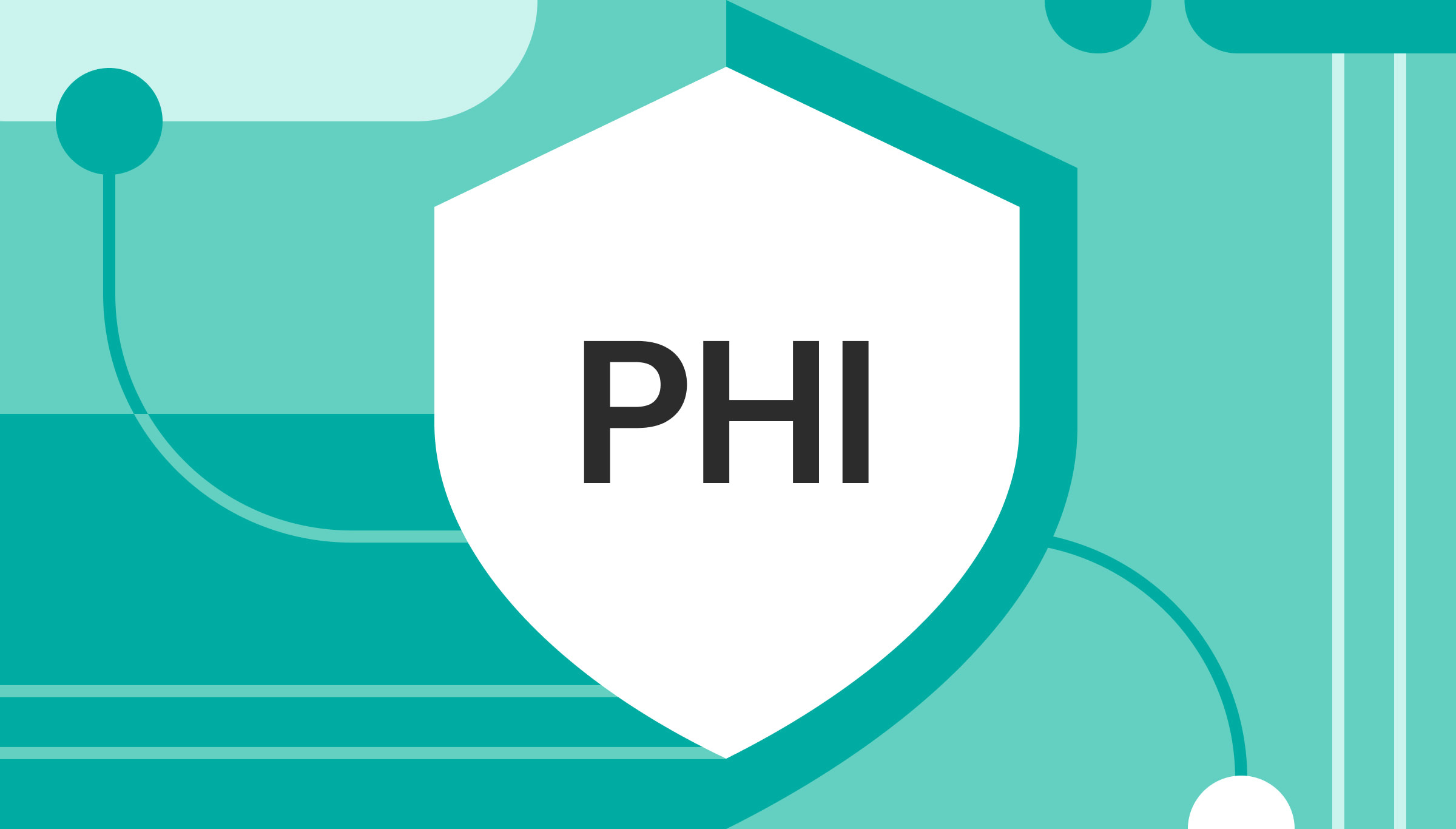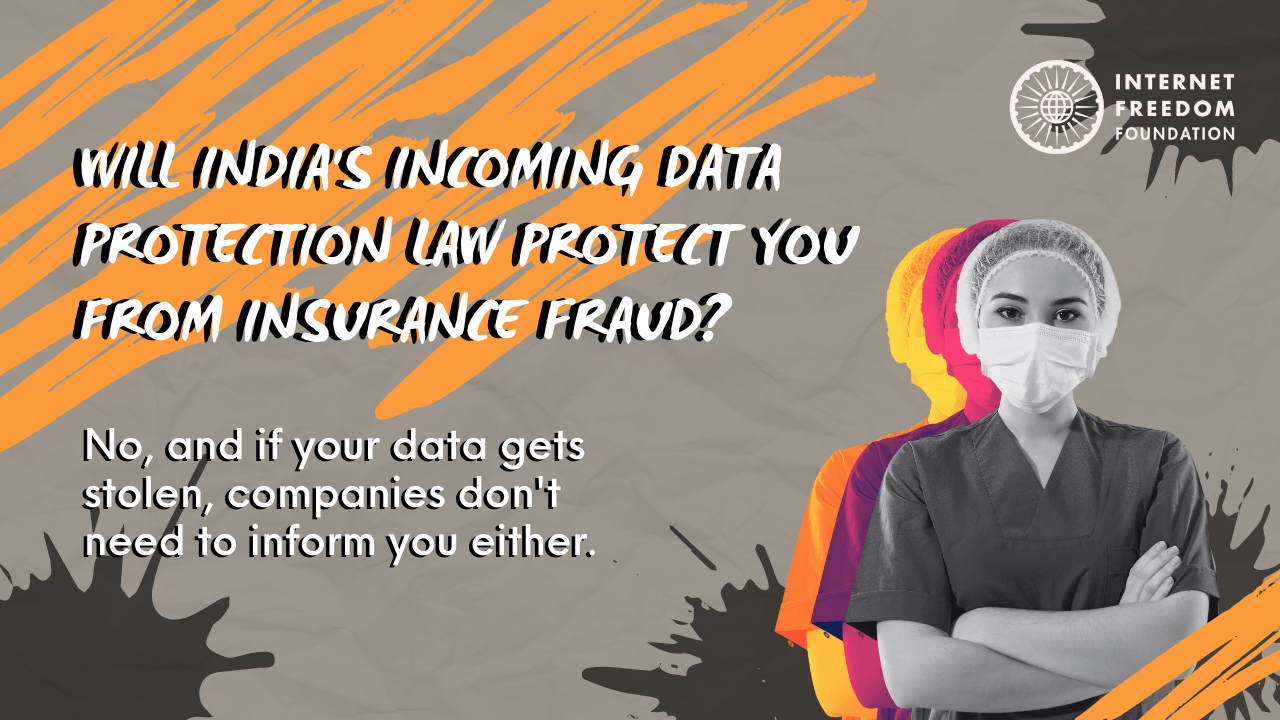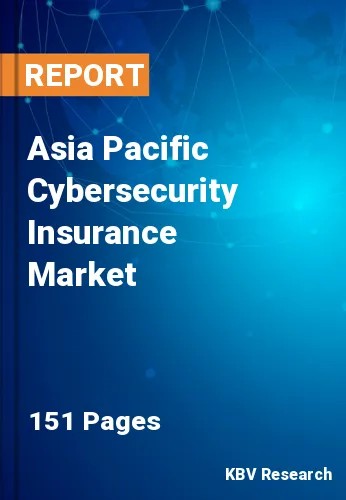Data Brokers and Healthcare Medical Records Insurance and Research
페이지 정보

본문

In the intricate landscape of modern health services, a critical yet often overlooked aspect involves the management and exchange of sensitive client data. This section delves into the complex interactions between various stakeholders, highlighting the challenges and implications of data handling within the health sector. The focus is on the ethical and security dimensions of managing such information, which is pivotal for both individual privacy and collective well-being.
The Role of Information Facilitators in Health Data Management
Information facilitators, often operating behind the scenes, play a significant role in the health sector. They are pivotal in the collection, analysis, and distribution of patient details, insurance data, and research findings. This role, however, comes with significant responsibilities, particularly concerning the protection of individual privacy and the integrity of data. The delicate balance between facilitating access to vital information and safeguarding personal details is a constant challenge.
Privacy Concerns and Data Integrity in Health Services
Privacy is a paramount concern in the health sector, where the confidentiality of patient records is not just a legal requirement but a moral imperative. The potential misuse or unauthorized access to health data can lead to severe consequences, affecting not only individual rights but also the trust in health institutions. This section explores the mechanisms and policies in place to ensure data integrity and privacy, and the ongoing efforts to enhance cybersecurity measures within health data management.
As we navigate through the complexities of data management in health services, it becomes evident that the role of information facilitators is crucial. Their practices and protocols directly influence the safety and privacy of health data, impacting both individual lives and broader health research initiatives. Understanding these dynamics is essential for fostering a secure and ethical environment in health data management.
Understanding Data Brokers in Healthcare
This section delves into the pivotal role of intermediaries in the realm of patient documentation access. These entities facilitate the transfer of sensitive details between various stakeholders in the medical sector, ensuring that the flow of information is both efficient and compliant with relevant standards.
The Function of Intermediaries in Accessing Patient Documentation
Intermediaries play a crucial role in the healthcare industry by managing the access to and dissemination of patient records. They act as a bridge between healthcare providers, insurers, and researchers, enabling the sharing of necessary data while maintaining the integrity and confidentiality of the information. This process is vital for the continuity of care, as well as for the development of new treatments and insurance policies.
The mechanisms employed by these intermediaries are designed to adhere to strict protocols that protect the privacy of individuals. They ensure that only authorized personnel can access the records, and that the data is used for legitimate purposes. This not only safeguards the rights of patients but also fosters trust in the healthcare system.
Moreover, the role of intermediaries extends beyond mere data transfer. They are also responsible for ensuring that the information is accurate and up-to-date, which is essential for making informed decisions in healthcare. This includes verifying the authenticity of the records and ensuring that they are not tampered with during transit.
In conclusion, intermediaries are integral to the healthcare ecosystem, facilitating the secure and efficient exchange of patient records. Their role is critical in maintaining the balance between the need for information sharing and the protection of individual privacy.
The Role of Data Brokers in Medical Record Access
This section delves into the intricate dynamics of how third-party intermediaries facilitate the access to confidential health documentation. It explores the mechanisms through which these entities operate within the healthcare sector, focusing on their impact on the transparency and security of patient data.
Third-party intermediaries play a pivotal role in the healthcare industry by managing the flow of sensitive health data. They act as conduits, enabling various stakeholders, including healthcare providers and insurers, to access necessary information efficiently. However, this role raises significant concerns regarding the privacy and integrity of patient records. The ease of access facilitated by these intermediaries can potentially lead to breaches of confidentiality, highlighting the need for stringent controls and oversight.
The influence of these intermediaries extends to how insurance policies are formulated and executed. By providing access to comprehensive health data, they can significantly affect the underwriting process and the pricing of insurance products. This access can be both beneficial, by enabling more accurate risk assessments, and detrimental, by potentially leading to discriminatory practices based on health status.
Regulatory frameworks governing the activities of these intermediaries are crucial in balancing the need for data access against the protection of individual privacy. Effective legislation must address the complexities of data handling in the healthcare sector, ensuring that while data is accessible for legitimate purposes, it remains secure and respects the privacy of individuals.
In conclusion, while third-party intermediaries are integral to the efficient functioning of the healthcare and insurance sectors, their role in accessing and disseminating health data must be carefully regulated. Balancing the benefits of data access with the imperative to protect individual privacy is a complex task that requires ongoing attention and robust regulatory measures.
Impact of Data Brokers on Insurance Policies
This section delves into the profound influence that information intermediaries have on the realm of coverage plans. By examining how these entities affect the underwriting and pricing processes, we gain insight into the complexities of modern policy management.
Information intermediaries play a pivotal role in the insurance industry by facilitating access to vast databases of client details. These details, which include health status, lifestyle choices, and demographic factors, are crucial for insurers to assess risk accurately. The integration of such data into the underwriting process can significantly alter the terms and costs associated with various policies.
| Aspect | Impact |
|---|---|
| Risk Assessment | Enhanced by detailed client profiles, leading to more precise risk calculations. |
| Policy Pricing | Affected by the granularity of data, potentially leading to higher premiums for higher-risk individuals. |
| Accessibility | Increased for insurers to comprehensive client data, influencing the speed and efficiency of policy issuance. |
The reliance on external data sources by insurers raises important ethical and legal considerations. The accuracy and privacy of the information used must be rigorously maintained to prevent discriminatory practices and uphold the integrity of the insurance market. As such, regulatory frameworks are essential to govern the use of such data, ensuring that it is employed fairly and responsibly.
In conclusion, the role of information intermediaries in the insurance sector is multifaceted, impacting both operational and ethical dimensions. Understanding these dynamics is crucial for stakeholders to navigate the evolving landscape of policy management effectively.
Research Privacy: Challenges and Solutions
In this section, we delve into the intricate landscape of preserving confidentiality in academic and scientific endeavors. The focus is on identifying the hurdles that researchers face in maintaining the integrity of their subjects' anonymity and proposing viable strategies to overcome these obstacles.
The Evolving Landscape of Privacy Concerns
As the digital revolution continues to permeate every aspect of our lives, the sanctity of individual anonymity in scholarly pursuits has become increasingly complex. The proliferation of electronic data storage and the ease of data transmission have introduced new vulnerabilities that threaten the confidentiality of study participants.
Identifying Key Challenges
One of the primary challenges is the potential for unauthorized access to sensitive data. This can occur through both external breaches and internal mishandling. Additionally, the globalization of research collaborations can complicate privacy protections, as different regions may have varying standards and regulations regarding data protection.
Developing Effective Solutions
To address these challenges, it is essential to implement robust data protection protocols. See this guide on Medium includes the use of encryption technologies to safeguard data during storage and transmission. Furthermore, training programs for researchers and staff on best practices for data handling can significantly mitigate risks.
Legislative Frameworks and Ethical Guidelines
Compliance with existing legal frameworks and adherence to ethical guidelines is crucial. These provide a structured approach to managing privacy concerns and ensure that research is conducted in a manner that respects the rights and dignity of participants. Regular updates to these frameworks are necessary to keep pace with technological advancements.
The Role of Technology in Enhancing Privacy
Advancements in technology offer promising solutions. For instance, anonymization techniques can be employed to remove or obfuscate identifying information from datasets. Additionally, the use of blockchain technology can provide a secure and transparent method for tracking data usage and access, ensuring that privacy is maintained throughout the research process.
In conclusion, while the digital age presents numerous challenges to maintaining privacy in research, a combination of technological innovations, comprehensive training, and strict adherence to legal and ethical standards can effectively safeguard the anonymity of research participants. It is imperative for the research community to remain vigilant and proactive in implementing these measures to protect the integrity of their work and the trust of their subjects.
Safeguarding Personal Information in the Digital Age

In this section, we delve into the critical strategies and technologies employed to protect sensitive data in an era dominated by digital interactions. The focus is on enhancing security measures to prevent unauthorized access and ensure the integrity of data.
Understanding Threats and Vulnerabilities: As technology advances, so do the methods of cybercriminals. It is imperative to comprehend the various threats that exist, such as phishing, malware, and ransomware attacks. These threats exploit vulnerabilities in systems, networks, and applications.
Implementing Robust Security Protocols: To combat these threats, organizations must implement robust security protocols. This includes the use of encryption, secure authentication methods, and regular security audits. Encryption transforms data into a code that can only be deciphered with the correct key, ensuring that even if data is intercepted, it remains unreadable.
Training and Awareness: Human error is often the weakest link in security. Therefore, it is crucial to conduct regular training sessions to educate employees about the importance of security practices. This includes recognizing suspicious emails, understanding the importance of strong passwords, and knowing how to report potential security breaches.
Continuous Monitoring and Response: Continuous monitoring of systems is essential to detect and respond to security incidents promptly. This involves the use of intrusion detection systems and automated response mechanisms that can thwart attacks in real-time.
Compliance with Regulations: Adhering to legal and regulatory requirements is another key aspect of safeguarding sensitive data. This includes compliance with frameworks that dictate how data should be protected, such as GDPR and HIPAA, which impose strict standards for the protection of personal data.
In conclusion, protecting sensitive data in the digital age requires a multifaceted approach that combines advanced technology, stringent protocols, and a well-informed workforce. By implementing these strategies, organizations can significantly reduce the risk of data breaches and protect the privacy of individuals.
Cybersecurity Measures Against Data Breaches

In the realm of digital protection, ensuring the integrity and confidentiality of sensitive data is paramount. This section delves into the strategies and technologies employed to fortify systems against unauthorized access and data leaks. The focus is on enhancing the resilience of digital infrastructures to safeguard against potential vulnerabilities that could lead to significant losses.
To effectively combat the threats of data breaches, several key measures are implemented:
- Encryption: Utilizing advanced encryption algorithms to transform data into a format that can only be read by authorized users with the correct decryption keys. This ensures that even if data is intercepted, it remains unintelligible to unauthorized parties.
- Access Control: Implementing strict protocols for user authentication and authorization. This includes multi-factor authentication, which requires users to verify their identity through multiple means, thereby enhancing security.
- Regular Auditing and Monitoring: Continuous surveillance of systems to detect any unusual activity or breaches in real-time. Automated tools can help in identifying and responding to threats swiftly.
- Employee Training: Educating staff about the importance of data security and the common tactics used by cybercriminals, such as phishing and social engineering. This awareness is crucial in preventing inadvertent leaks of sensitive information.
- Secure Software Development: Incorporating security measures at every stage of software development, known as secure coding practices, to minimize vulnerabilities in applications.
Furthermore, staying updated with the latest cybersecurity trends and adapting to new threats is essential. This involves regular updates to security protocols and the adoption of emerging technologies that can better protect digital assets.
In conclusion, the defense against data breaches requires a multi-faceted approach that combines technological solutions with human vigilance. By continuously improving and adapting these measures, organizations can significantly reduce their risk of falling victim to cyberattacks.
Legislation and Regulations Governing Data Use in Healthcare

This section delves into the legal frameworks and regulatory measures that oversee the utilization of sensitive details within the medical sector. It explores how these laws are designed to protect individual privacy and ensure ethical handling of crucial data.
In the realm of medical data management, various statutes and guidelines have been established to govern the collection, storage, and dissemination of patient-related information. These regulations aim to balance the need for data access in medical advancements with the fundamental rights of individuals to privacy and data security.
| Region | Legislation | Key Provisions |
|---|---|---|
| United States | Health Insurance Portability and Accountability Act (HIPAA) | Ensures confidentiality and security of health information; sets standards for electronic health transactions. |
| European Union | General Data Protection Regulation (GDPR) | Enhances data protection rights for EU citizens; imposes strict rules on data handling and transfer. |
| Canada | Personal Information Protection and Electronic Documents Act (PIPEDA) | Regulates collection, use, and disclosure of personal information in the course of commercial activities. |
These legislative measures not only define the permissible uses of health-related data but also impose significant penalties for non-compliance. They are continuously evolving to address emerging threats and technological advancements in the digital era.
In conclusion, the legal and regulatory environment surrounding the use of health data is complex and dynamic. It requires constant vigilance and adaptation to ensure that the rights and interests of all stakeholders are adequately protected.
- 이전글Having A Provocative Cannabidiol Works Only Under These Conditions 24.09.27
- 다음글# Alumier HydraClarité : Une Solution Efficace vers les Problèmes d'Hyperpigmentation sur le Québec 24.09.27
댓글목록
등록된 댓글이 없습니다.














